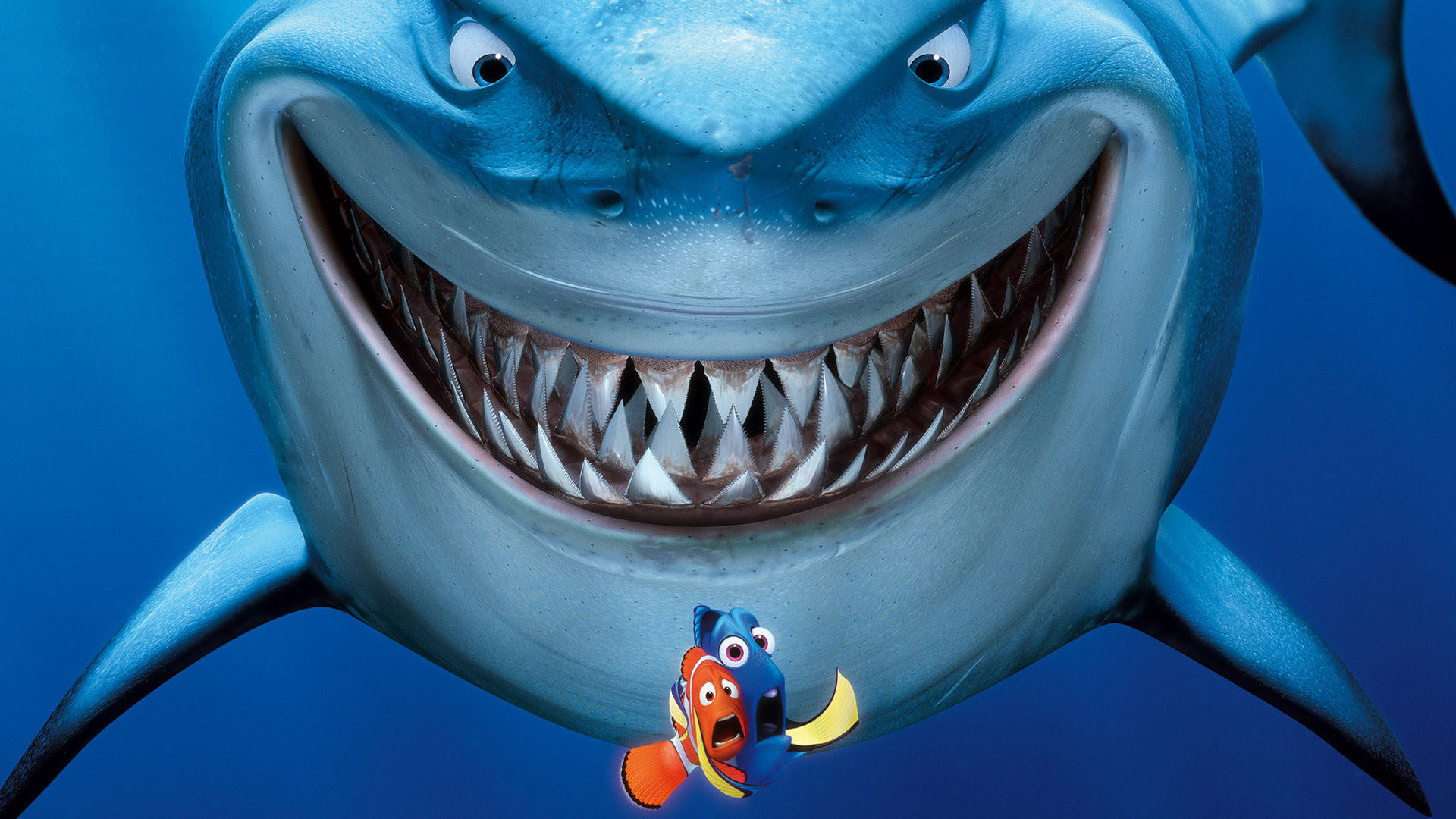
The only thing better than an intentionally funny movie is an unintentionally funny movie title translation.
Titles don’t always make sense when translated literally, so studios often seek out localization services instead. Localization is a process by which the title (and in some cases, even the artwork) is redeveloped to have the same emotional impact in a different cultural context. Sometimes it works beautifully. And other times we English speakers will just have to puzzle over what thought processes could’ve possibly lead to these titles.
Here are ten of the weirdest, most hilarious movie title translations to date.
10. The Unbelievable Trip in a Crazy Airplane (German release of Airplane!)
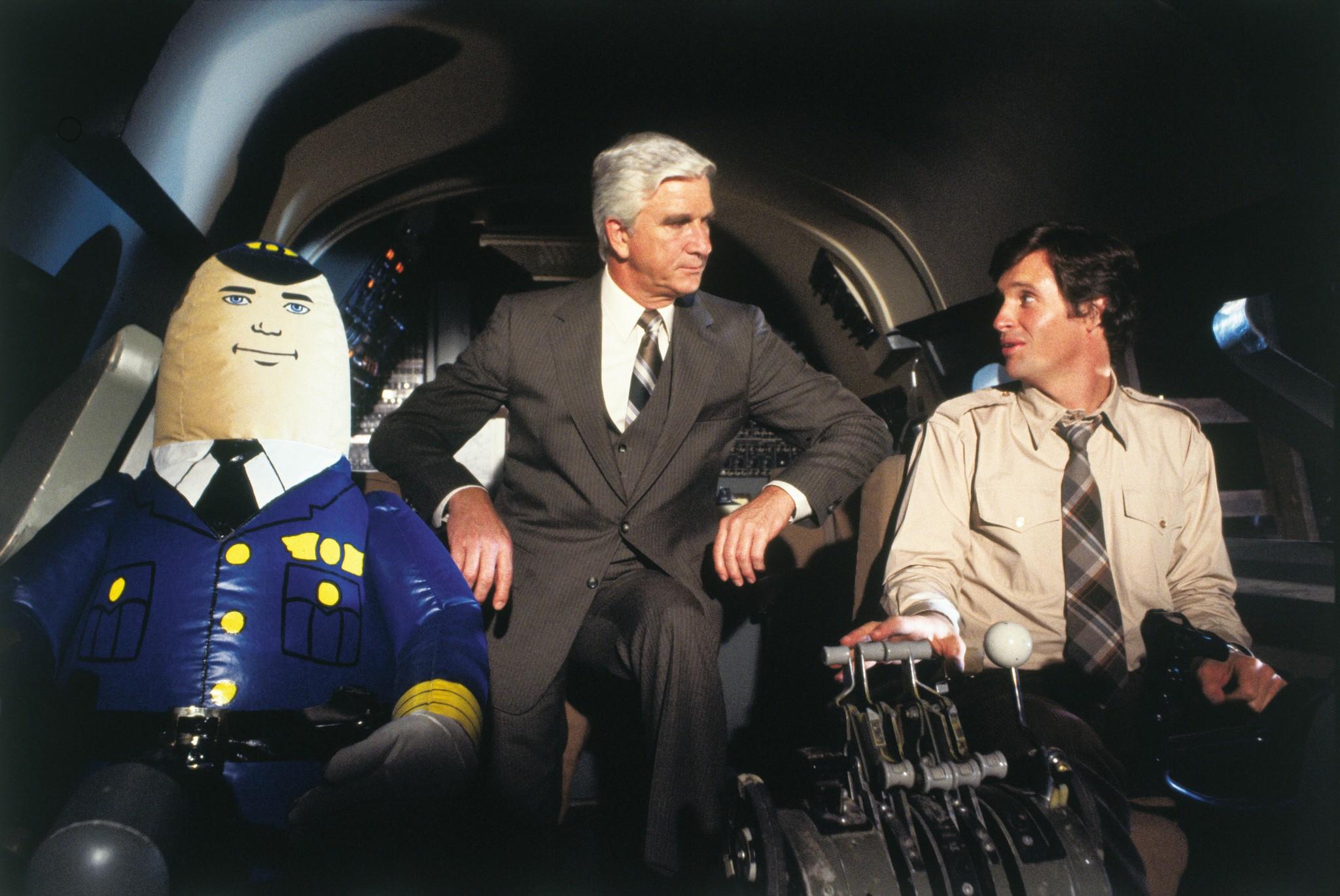
Well, Germany, you’ve explained this movie with characteristic precision. A title about zaniness that doesn’t sound zany itself is like a Dad joke that’s only funny because it falls so flat. But we’ll take it!
Airplane! was a spoof on the mediocre Airport, which spawned the 70s disaster subgenre. The parody, however, outshined its progenitor, and the jab built into the original title was lost on overseas audiences. But with a title like this (the German mouthful is Die unglaubliche Reise in einem verrückten Flugzeug), who needs parody? You will have a time of enjoyment laughing in your movie chair.
9. Austin Powers: The Spy Who Behaved Very Nicely Around Me (Malaysian release of The Spy Who Shagged Me)

Malaysia’s strict censorship standards and conservative sexual norms prompted this one. For all the trouble they went to to localize for family values, it’s difficult to imagine who would want to watch a movie about a spy behaving very nicely. Perhaps the scenes with Mike Myers speaking were removed?
No doubt it was a very nice film.
8. The Night Knight (Spanish release of The Dark Knight)

To be fair, it sounds much cooler in Spanish: El Caballero de la Noche. And the redundancy in the English back translation kind of makes thematic sense. The over the top noir aesthetics of the franchise is a bit on the repetitive side: black costumes and capes, the black night sky, the brooding dark emotions, the black soul of Gotham and the dark black night of darkness inside Bruce Wayne’s black dark night black heart.
We got it, Spain. You win.
7. Rain of Falafel (Israeli release of Cloudy With a Chance of Meatballs)

It’s Hamburger Rain in Latin America and Köfte Rain in Turkey. Ukraine gets marks too, for their endearing translation: Minimum Cloudiness, Sometimes Meatballs.
Changing meatballs to falafel and köfte are perfect examples of using localization services to appeal to local audiences instead of simply translating the words. Köfte looks amazing, by the way. Send some of that rain over here!
6. Phantom Thief Gru’s Moon Theft (Japanese release of Despicable Me)
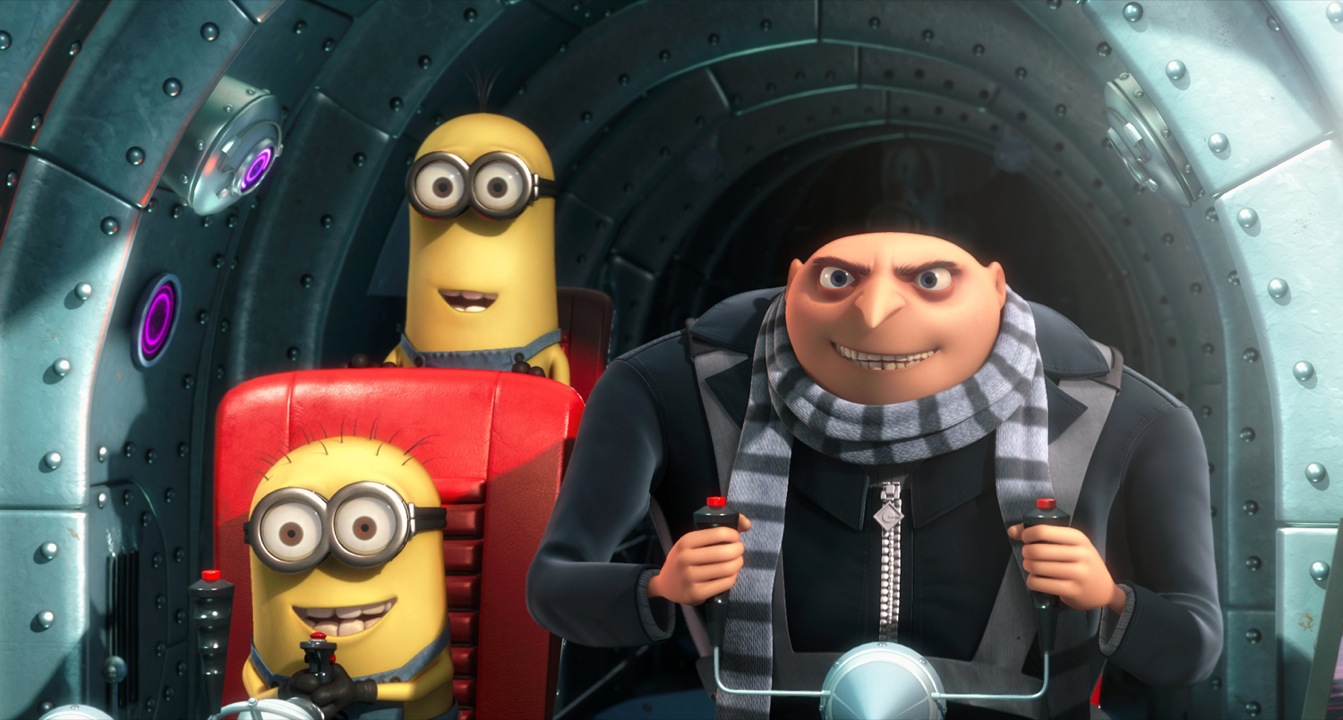
The title Despicable Me has overtones of playful naughtiness, the utterance of a mischievous scamp who relishes getting up to no good. It says a lot for two words. What connotations the Japanese title carries (怪盗グルーの月泥棒, in kanji, or Tō gurū no tsuki dorobō), if any, we may never know.
But it’s a pretty good description of the plot, so what more do you want?
5. Jet Li is the Best Fighter (Spanish release of Fist of Legend)
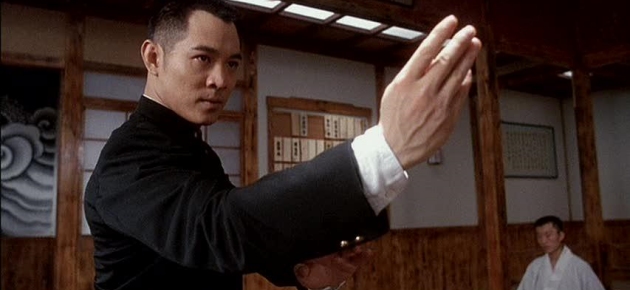
Now we’ve crossed the threshold of literality into a realm of obviousness beyond anything yet encountered. Character name? Nope, just use the actor’s. Anything about the plot or what makes the film unique? Naaah, just say the actor is the best at, what is he doing? Fighting? Fighting. Great. Jet Li es el Mejor Luchador. Job done.
It must’ve been a Friday afternoon. But hey, every marketing department gets tired sometimes, right?
4. Captain Supermarket (Japanese release of Army of Darkness)

If you’ve ever wanted to see Sam Raimi’s cult classic go even farther over the top, just take a look at the Japanese localization for the poster art:
When your eyes readjust and you come out of your hallucinogenic coma, here’s a quick rundown of FAQ’s: We don’t know. We don’t know. Can’t help you. Porpoises jumping through coathangers? No idea. But yes, those are cans of Bruce Campbell Soup and it’s genius.
Thank you, Japan. You’ve given us an experience that truly transcends language.
3. Mr. Cat Feces (Chinese release of As Good As It Gets)

Some Chinese websites also list this movie under the ‘aka’ Love in the Heart of the Mouth is Difficult to Open. One even lists the original English title as Old Friends. Are we sure we’re talking about the same movie?
Thankfully we can rely on wonky, inexplicable localization to bring lasting flavor to otherwise bland cutlets of Oscar fodder.
2. Die Hard – Mega Hard (Danish release of Die Hard With a Vengeance)

Extra Hard! What this Danish title lacks in imagination, it makes up for in brevity. And gusto–you almost can’t say it without shouting the second half and dropping a wrestler elbow. Try it. Dare you.
Almost tied with Denmark’s title is the clumsy and literal Greek version, Very Hard to Die: The Revenge.
1. Under Sea General Mobilization (Chinese release of Finding Nemo)
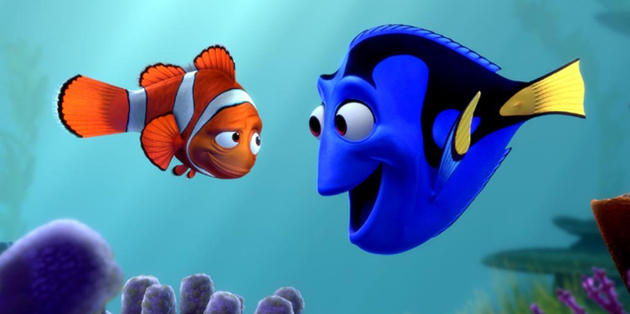
The militaristic phrase “general mobilization” appears in a lot of Chinese Pixar titles. So that’s uncomfortable. The Incredibles is called Super People General Mobilization; Wall-E became Robots General Mobilization; and you can probably guess what movies they called Racing Cars General Mobilization and Bugs General Mobilization.
But why? Why?? The phrase originally appeared in Pixar’s first feature, Toy Story, which Chinese translators localized as Toy General Mobilization. It made sense with the plot of that film. But then the phrase “general mobilization” became a particle indicator for Pixar studio films. So its literal meaning falls by the wayside. To a Chinese audience, the Finding Nemo title really communicates “Undersea Pixar Film.”
The same phenomenon sprang up with Jim Carrey vehicles, using an ending particle that means something like freak, geek, or wizard. So The Mask was released as Disguise Wizard, and The Grinch became Christmas Wizard.
Other favorites from this strange particle tradition are Spider Swordsman, Bat Swordsman, and Iron Swordsman. Take a guess.
Author Bio: Brian Oaster is a writer for localization services provider Day Translations. He has worked all over the world as an arts educator, English teacher, basket exporter, rare book dealer, fortune teller, and as the first mate of a private sailing yacht. Follow him on Twitter @brianoaster.